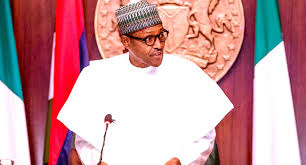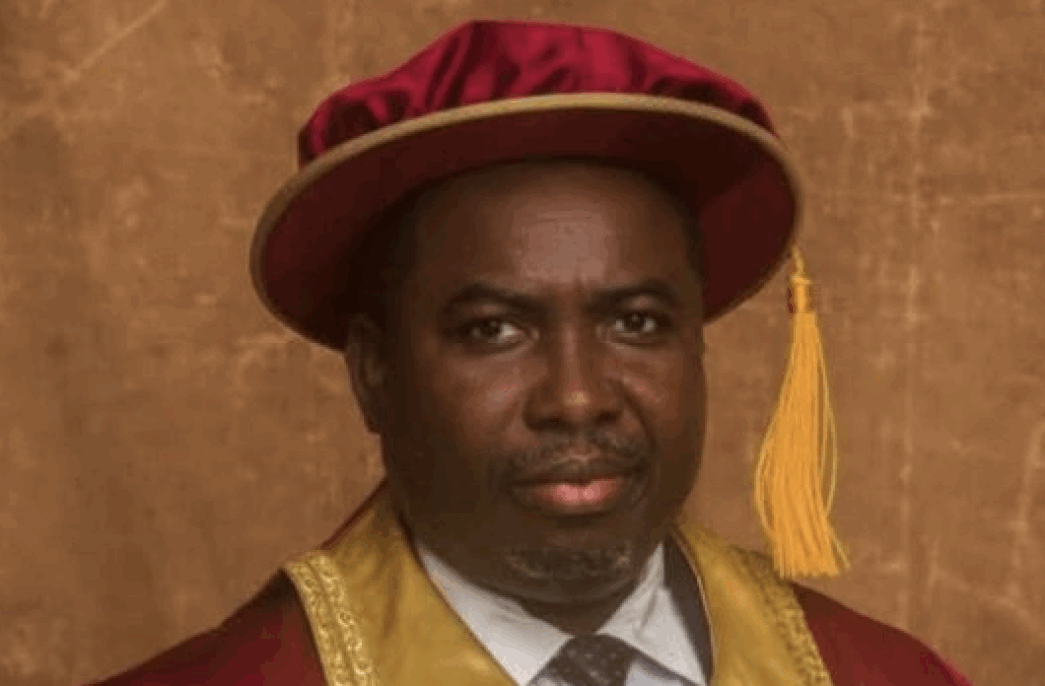The two bills were part of the 17 bills that the president declined to assent. Mr Buhari also forwarded his reasons for rejecting the bill to the National Assembly.
The constitution amendment bill seeks to stipulate the time within which the president or governor shall lay the Appropriation Bill before the National or State Assembly.
It also seeks to ensure early presentation and passage of appropriation bills.
Mr Buhari’s reason for declining assent to the bill was that it did not take cognizance of the provisions of Section 58(4) of the Nigerian Constitution.
While the Industrial Development Amendment Bill 2018 seeks to enable companies that expand their operations in a pioneer industry or product to apply for new pioneer status.
The president rejected the bill because the ongoing inter-ministerial consultations would be affected if the bill is signed into law.
The Senate also agreed to rework and pass 15 other bills rejected by Mr Buhari.
The bills are National Research and Innovation Council (Establishment) Bill, 2017; National Institute of Hospitality and Tourism (Establishment) Bill, 2018; National Agricultural Seeds Council, 2018 and Subsidiary Legislation (Legislative Scrutiny) Bill, 2018.
Others are: Stamp Duties (Amendment) Bill, 2018; Chattered Institute of Entrepreneurship (Establishment) Bill, 2018; Industrial Development (Income Tax Relief) (Amendment) Bill, 2018; Advance Fee Fraud and Other Related Offences (Amendment) Bill, 2017 and Nigerian Maritime Administration and Safety Agency (Amendment) Bill, 2017 and Electoral (Amendment) Bill, 2018.
The president also rejected five constitutional amendment bills, namely, bills No. 8, 15, 22, 24, and 28.
The decision to override the president’s decision followed the presentation of the report of the technical committee that reviewed Mr Buhari’s decision to decline assent to some bills.
The Senate had in October 2018 set up the committee following the mass rejection of bills by Mr Buhari.
The committee was mandated to study the rejected bills as well as look at the concerns raised by the president.
Presenting the report, Mr Umaru said the 1999 Constitution gives the Senate the right to override the president in the event that a bill is vetoed.
“Therefore, the bills having been rejected by Mr President, the National Assembly even if it considers Mr President’s observations or not, must pass the bills again and be assented to by Mr President or override the veto, in which case, Mr President’s assent would not be required,” he said.
The resolution to override the president’s veto on the bills and reconsider 15 others was unanimously adopted.
To override the president, the Senate needs at least two-thirds majority, which is at least 73 senators, to endorse the action.
The bills are expected to be represented on the floor of the upper chamber for the normal legislative process, before passage into law.
Senate President Bukola Saraki expressed optimism that the bills, when passed into law, will benefit the entire country.
Premium Times










